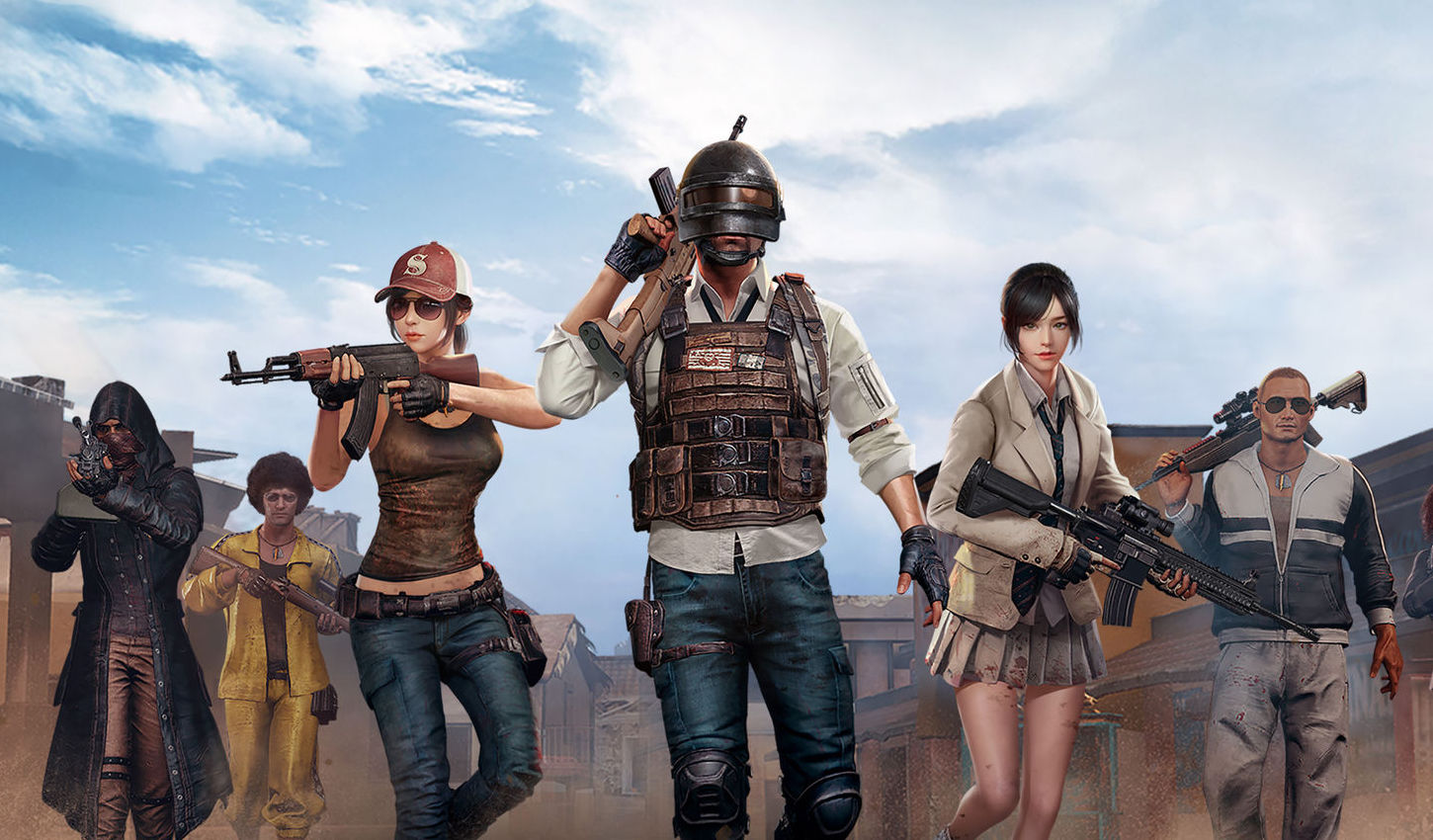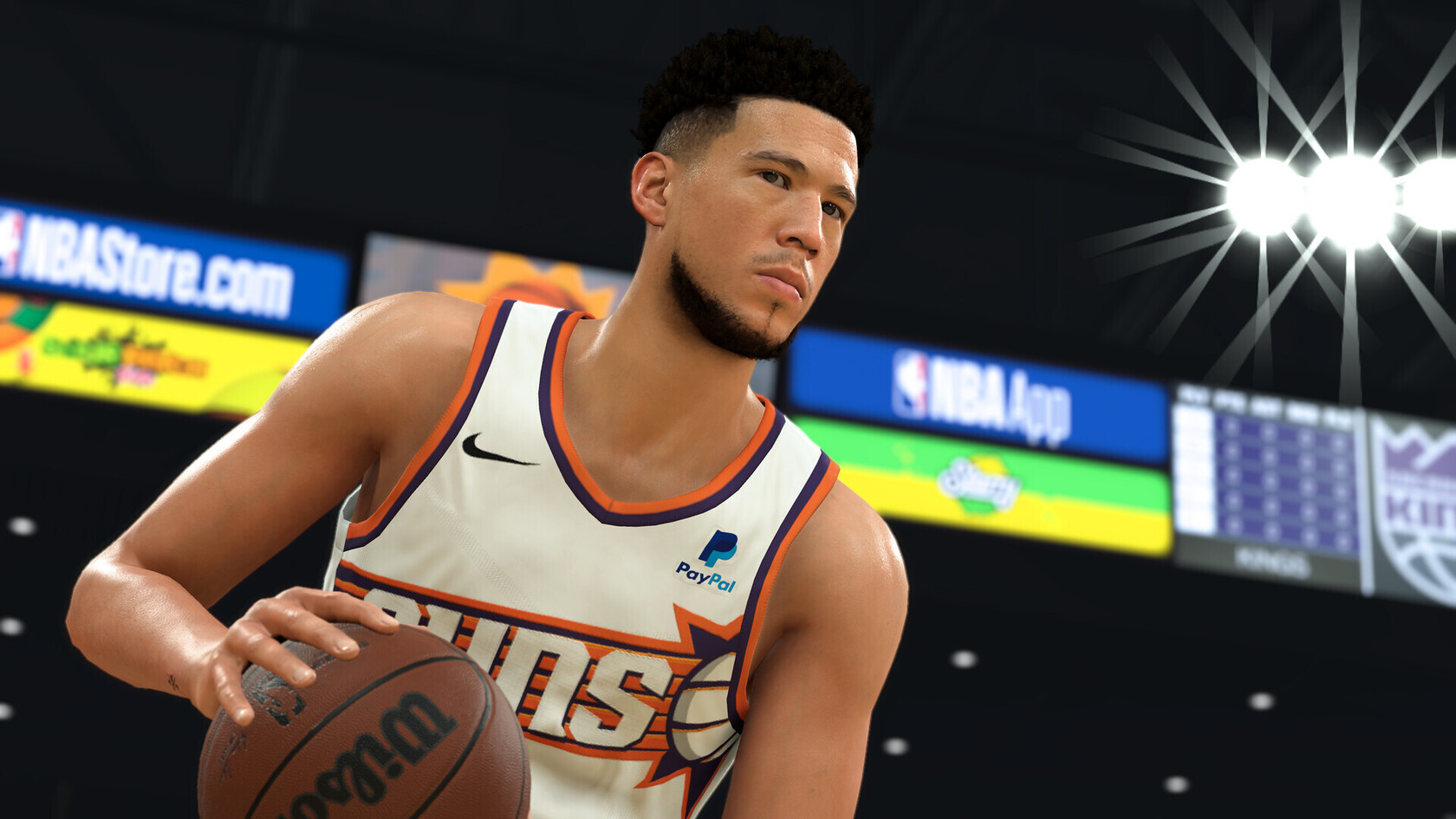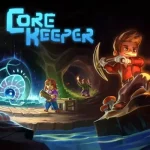Popular Now
Introduction
MyCAREER has long been the heart of NBA 2K, drawing players into immersive storylines, personalized player builds, and the pursuit of virtual greatness. However, in NBA 2K24, this experience is severely hindered by a deeply flawed badge progression system. What once felt like a rewarding journey of improvement has turned into a tedious grind that frustrates both new and veteran players alike.
This article explores the core issues with badge progression in NBA 2K24’s MyCAREER mode. We’ll analyze the mechanics, uncover how the new regression system affects gameplay, and consider how the grinding process has become more punishing than engaging. By dissecting the badge system across ten sections, we aim to understand how 2K’s design choices have undermined player development—and what can be done to fix it.
The Purpose of Badges in MyCAREER
Badges in MyCAREER are designed to enhance player attributes and specialize skillsets. Whether it's shooting from deep, finishing at the rim, or clamping up on defense, badges elevate a build from average to elite. They are integral to:
-
Separating playstyles
-
Rewarding users for how they perform
-
Building long-term mastery and character identity
However, this foundational feature has become less about skill expression and more about grind tolerance in NBA 2K24. Rather than empowering players, badges now feel like shackles.
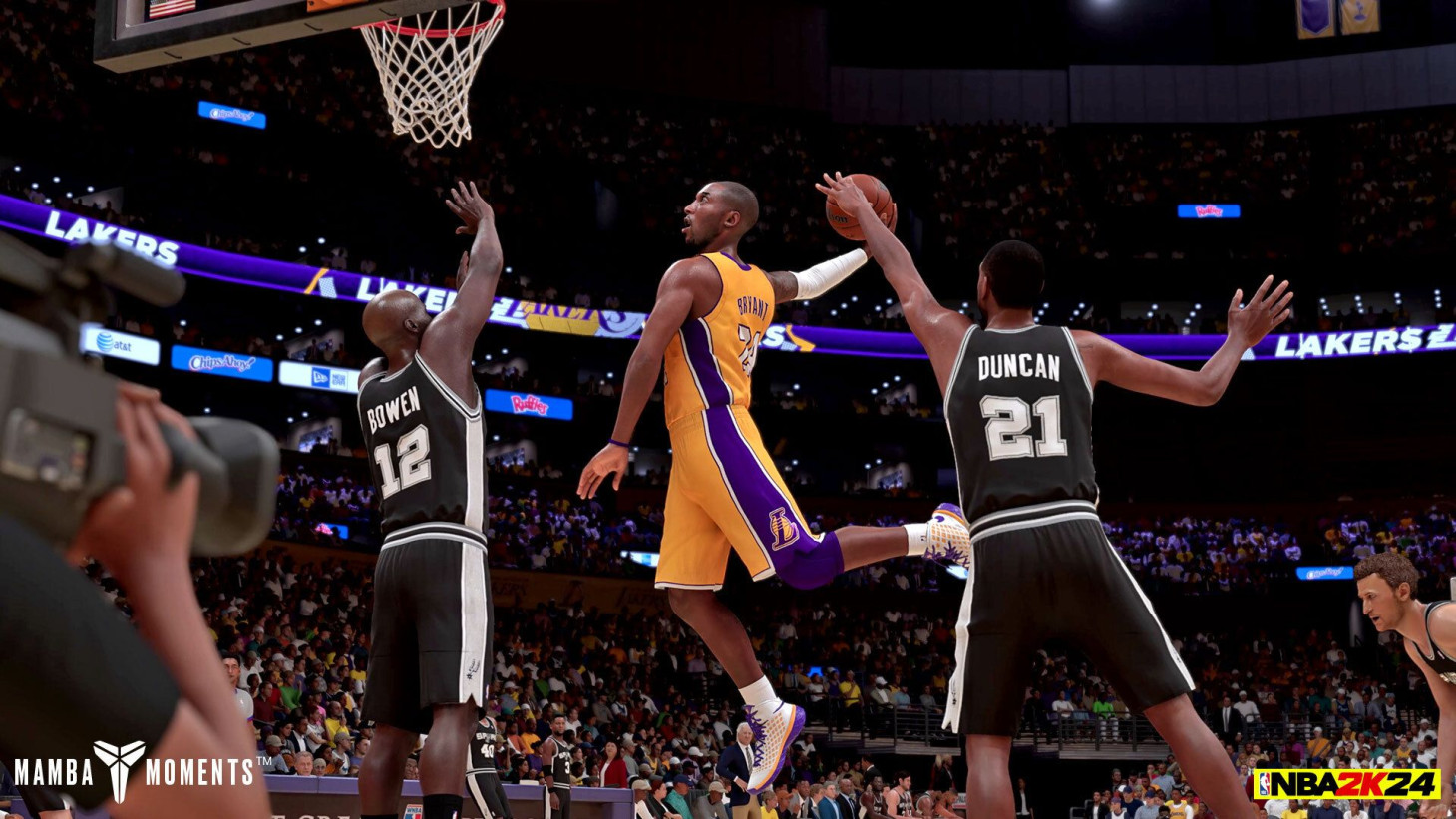
The Introduction of Regression: A Controversial Change
NBA 2K24 introduced one of the most hated changes in franchise history: badge regression. In previous titles, once a player earned a badge tier—Bronze, Silver, Gold, or Hall of Fame—it was theirs unless they drastically altered their build.
Now, if you don’t consistently perform actions that activate a badge, that badge begins to decay. For example:
-
Stop using Floaters for a few games? Giant Slayer starts to regress.
-
Focus on rebounding for a week? Your Playmaking badges regress.
This creates an exhausting need to constantly babysit badges instead of focusing on role specialization or natural gameplay flow.
Overemphasis on Repetitive Grinding
The path to earning and upgrading badges has always required effort, but NBA 2K24 turns that grind into a full-time job. To make meaningful progress:
-
Players must spam badge-triggering actions (e.g., 40 pick & rolls, 30 three-point attempts)
-
Repetition overrides strategic gameplay
-
MyCAREER games become unrealistic, stat-padding marathons
Instead of playing real basketball, players resort to robotic routines designed purely to earn badge points. This erodes immersion and enjoyment.
Punishing Casual Players
Regression and grind-heavy systems disproportionately hurt casual players. If someone:
-
Misses a week of play
-
Focuses on real-life obligations
-
Plays multiple builds
They quickly find their badge progress erased or reduced. This punishes anyone who doesn’t log in daily or prioritize 2K above all else.
Where previous entries rewarded long-term play, NBA 2K24 demands constant engagement, leaving casual fans behind.
Unbalanced Badge Categories
Not all badge categories are created equal. In NBA 2K24:
-
Defensive and Finishing badges are easier to progress
-
Shooting and Playmaking require higher difficulty and specific setups
-
Some badge requirements border on absurd (e.g., needing 15 alley-oop assists for Gold Lob City Passer)
This creates imbalance in how players level up their builds. Those who focus on passing or facilitating are at a distinct disadvantage, especially since teammates in MyCAREER rarely convert open looks.
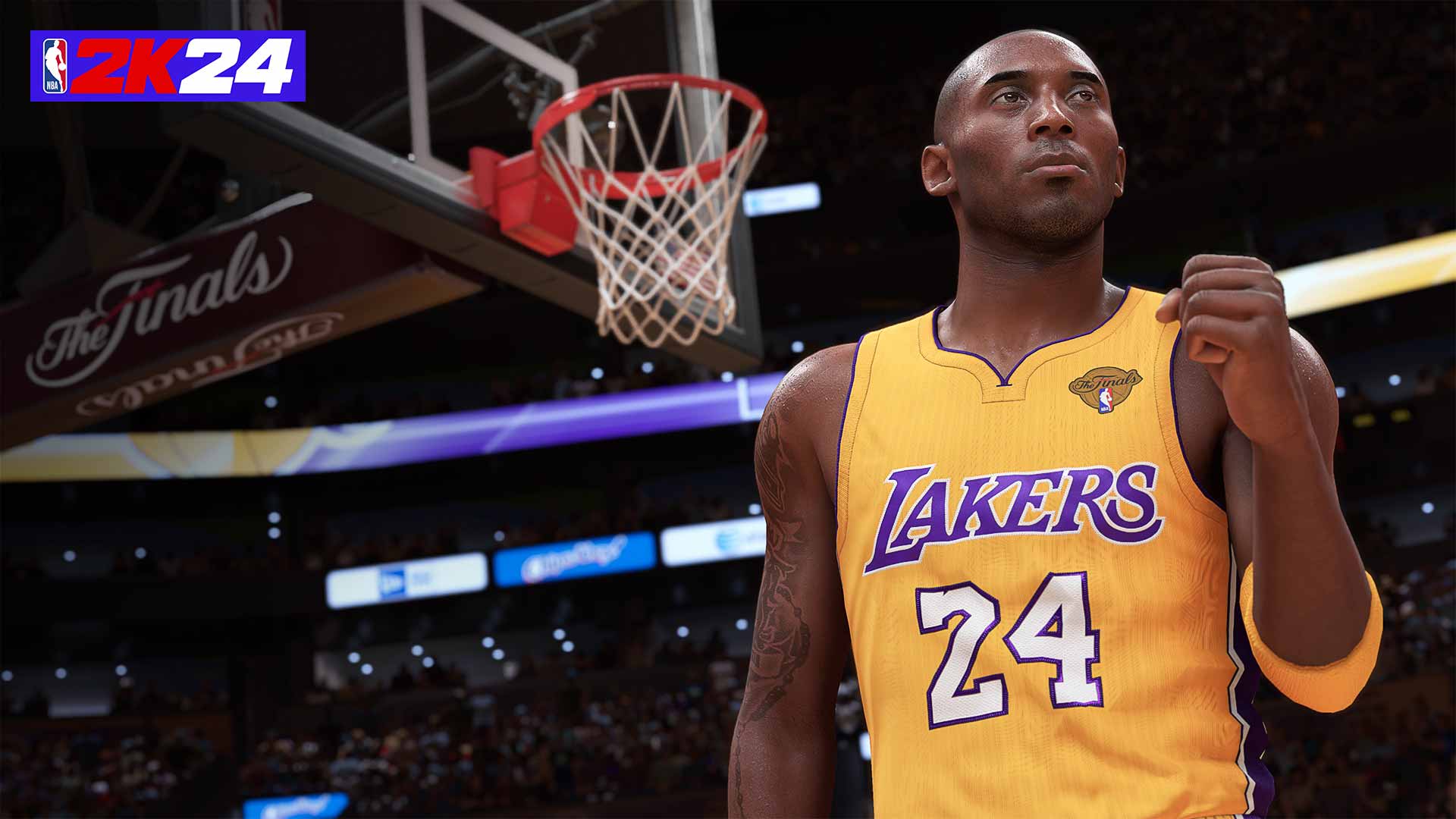
Build Inflexibility Due to Badge Risks
Because of the risk of regression, players are discouraged from experimenting or switching up playstyles. For example:
-
A two-way guard might avoid scoring to protect defensive badge progress
-
A playmaker won’t attack the basket for fear of neglecting Playmaking badges
This limits creativity and locks players into one-dimensional roles, undermining the versatility that MyCAREER once promoted.
The Pay-to-Speed-Up Mechanic
Like many modern systems in 2K, there’s a shortcut available—for a price. Players can:
-
Purchase badge progression boosts with VC
-
Use Gatorade boosts to increase badge triggers
-
Equip animation packs designed to activate specific badge events more reliably
This introduces a pay-to-advance structure, where wealthier players can reach elite badge levels far quicker than those grinding organically. While technically optional, the time disparity makes it nearly mandatory for competitive players.
Mental Fatigue and Burnout
Many players report serious burnout from badge management. The constant tracking, regression anxiety, and grinding shift the game from fun to work. Common complaints include:
-
“I’m afraid to try new moves because my main badges will drop.”
-
“It’s exhausting doing the same badge drills over and over.”
-
“If I take a break, I lose all my progress.”
This creates a negative feedback loop where players play more but enjoy it less.
Impact on Competitive Balance in The City and Rec
MyCAREER isn’t isolated—it connects directly to The City, Rec, and Pro-Am modes. Players with optimized badges dominate, while others struggle to compete.
Because progression is so arduous, only those who:
-
Play hundreds of games
-
Pay for boosts
-
Avoid experimentation
can reach peak effectiveness. This skews the competitive environment and undermines the balance between casual and hardcore players.
Proposed Solutions to Fix Badge Progression
To restore badge progression as a rewarding mechanic, 2K should consider these adjustments:
-
Remove Regression for Bronze/Silver badges
-
Allow players to “lock” certain badges to protect progress
-
Balance badge progression across roles and positions
-
Offer weekly challenges that boost badge XP without abuse
-
Create alternative paths for progression via online games, drills, or training centers
These changes could make badge development more strategic, fair, and enjoyable for all players.
Conclusion
NBA 2K24’s badge progression system is fundamentally flawed. What should be a motivating path to greatness has become a demoralizing chore of micro-tracking, regression fear, and repetitive grind. Instead of empowering players, it frustrates them—especially those with limited time or interest in robotic gameplay loops.
The backlash to this system is widespread and justified. For MyCAREER to return to its former glory, 2K must rethink how badges are earned, maintained, and valued. Until then, the journey to basketball greatness feels more like a job than a joy.












